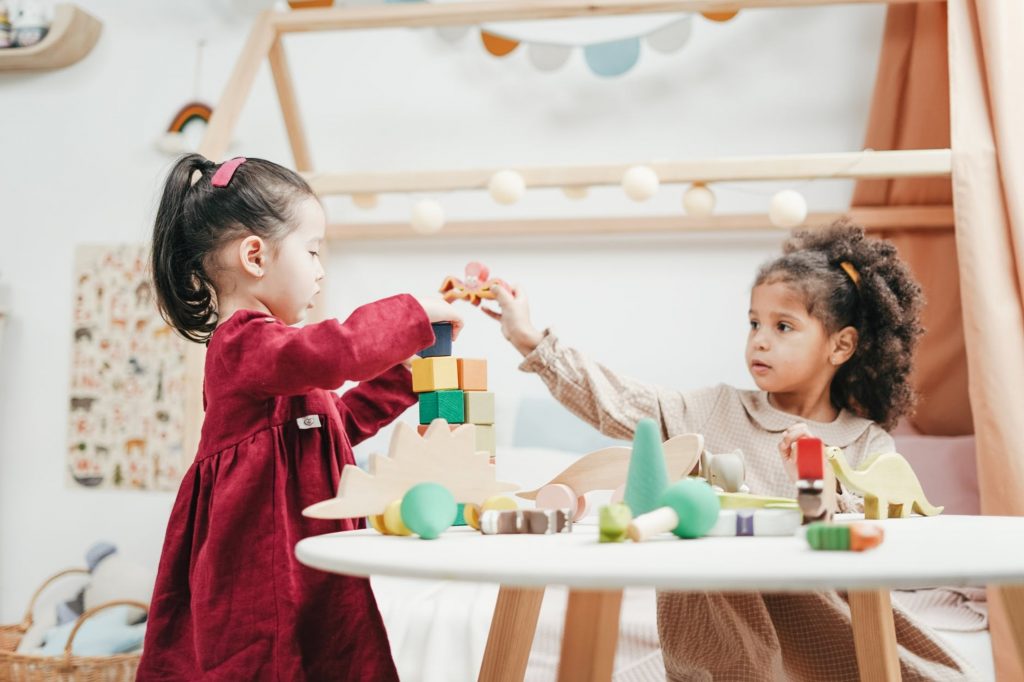As parents and educators, you have a lot on your plate when it comes to getting your preschooler ready for life. However, before you start charting their course to the Ivy Leagues, there are a handful of skills that you should focus on in the short term. These eight learning objectives are perfect for helping your preschooler gain independence and prepare for more rigorous learning later on.
1. Being Polite in a Group Setting
To be successful in preschool and beyond, your child needs to recognize the importance of personal space and respecting others. This means practicing fair play and when they can and cannot join in a conversation. Preschoolers must also learn to control their impulses when it comes to shouting out answers or speaking over their peers.
2. Responsibility for Space
Another aspect of being a preschooler is learning to take responsibility for the space they are working in throughout the day. When activities are completed, they should assist with putting items back in their proper locations with minimal oversight, and wipe up any minor spills during craft activities.
3. Personal Hygiene
By now, your child should already be familiar with the idea of brushing their teeth, washing their own hands, and cleaning up after using the toilet. Most children have not mastered these personal hygiene tasks by this point, but they should do most of the work themselves. Another helpful skill is being able to blow their nose and cover a cough.
4. Creative Play
One skill that is harder to teach, but undoubtedly necessary, is creative play. Whether building with blocks or playing with dolls, preschoolers should engage in creative play by themselves and with others. Creative play helps foster imagination and self-esteem and allows them to role-play a variety of scenarios in their own words.

5. Making Comparisons
Before your student can begin more rigorous academic subjects, they should first have a solid foundation in observing and making comparisons between objects and people. Think in vague terms of big and small, or short and long. Your student should know most of their colors and shapes by this point to describe differences in these terms.
6. Listening and Recall
Preschoolers should be able to have sustained attention to engage in an activity. The best way to practice this is by reading storybooks with colorful imagery to hold their interest. When the story is over, they should be able to identify main events and characters and put events in order according to the story.
7. Basic Problem Solving Skills
Preschoolers need to have a variety of tools in their toolbox for problem-solving. First, they need to have the willingness to make several attempts at solving a problem before seeking assistance from an adult. They should also be able to clearly communicate their problems, whether dealing with something academic or interpersonal. Finally, they should be working on their ability to manage emotions when they are frustrated or struggling.
8. Fine and Gross Motor Skills
It takes a combination of muscles and cognitive ability to master the skills we take for granted. Students should gain practice by holding writing utensils, cutting paper, gluing, and more in preschool. As for gross motor skills, they should also be working on hand-eye coordination, hopping, balancing, and more.

These are just eight of the essential learning objectives for preschoolers to pick up before they move on to kindergarten. These are skills that can be worked on in a classroom and at home. Many of them can be accomplished without the use of any specialized educational tools or curriculum. Preschool is a time of learning about self and their place in the world, giving them the tools to interact with others in meaningful ways as they grow.
